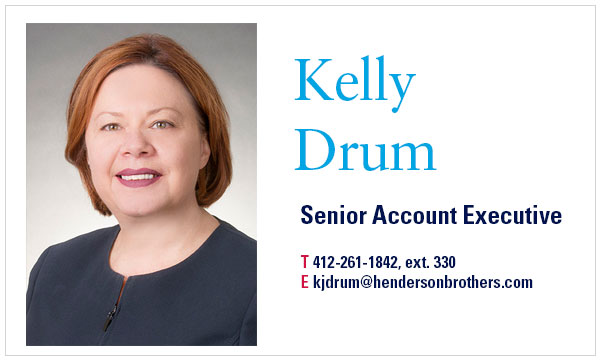Can I add my personal vehicle to my business policy?”
“I need to add a driver – my 16-year-old son just passed his driver test.”
One of the most common questions I receive on a regular basis, across all types of businesses, involves covering personal auto exposures on commercial auto policies. Before making this decision, here are several factors to consider:
A commercial policy assumes workers’ compensation coverage
A commercial auto policy is written with the assumption that bodily injury sustained by a driver in an accident involving a scheduled vehicle will be covered by workers’ compensation. If an accident occurs during personal use of the vehicle, coverage will follow the driver’s personal auto policy. If the driver does not have a personal auto policy, coverages must be added to the commercial policy to protect a driver while using a vehicle for personal use.
Consider the cost for the business
Another factor is the cost of the insurance program for the business. A business auto policy is underwritten based on loss history and class of business. In general, most businesses pay more for their auto fleet insurance than the owners pay for personal insurance. If a tragic claim occurs during personal use, the premium for the entire auto policy could increase substantially. Furthermore, the insurer may decide to non-renew the policy because the vehicle was being used outside of the typical underwriting guidelines.
Imagine this: a vehicle which is used personally by the owner of ABC Company (a third-generation family business) is insured on the commercial policy. ABC Company total auto premium is $50,000. If the auto were to be insured personally, the total annual personal lines premium might be $5,000. A family member of the owner, who is driving the vehicle, is involved in a serious at-fault auto accident involving the serious injury of the young woman driving the other car. Damages of $750,000 are awarded. An experience debit of 1.5 is applied to the premium for the next three years. If the car is on the business policy the additional premium could be $75,000 over three years. If the car had been insured on the personal policy, the additional premium would be $7,500 over three years.
IRS mileage allowance vs. an employer provided vehicle
The third factor is when key employees and/or salespeople have company vehicles. Those vehicles are typically used personally and sometimes, family members use the vehicle. Again, a claim which occurs during personal use could cost the business additional premium dollars for years. As an alternative, the IRS mileage allowance is a fair way to reimburse the employee for their expenses and transfer the risk to their insurance company.
For example, let’s say that a salesperson is involved in an at-fault accident on the way to a meeting. If the employer pays IRS mileage expenses or a flat car allowance, the employee is responsible for damage to their own car, liability up to the limit on their personal umbrella (for example, Henderson Brothers, Inc. requires $500,000 limits), and a rental vehicle. If the employer provides a vehicle to the salesperson, the employer’s insurance company is responsible for the damages and the premiums will increase at renewal. This situation is even more complicated if the salesperson’s 16-year-old son takes the company car for a ride and has an accident.
Please call me before adding your personal vehicle to a business policy. I am happy to assist with navigating a decision that protects the best interests of both you and your business.



